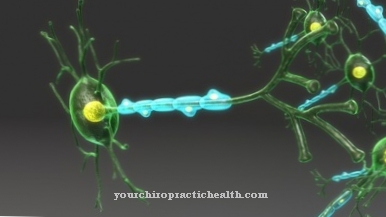In hospitals, care facilities or in private households Drinking cup a valuable everyday aid. Drinking aids like Nasal cup, Dysphagia cups and Beak cup make drinking considerably easier and help people with physical limitations to drink fluids.
What is a drinking cup?

Adequate fluid intake is essential to maintain physiological and mental functions. Water losses must be continuously compensated for by absorbing liquid.
Age and illness-related causes or physical impairments can lead to the organism receiving too little fluid. A lack of thirst sensation (adipsia) in older people, reduced hand sensitivity or swallowing disorders prevent the absorption of the required amount of fluid.
In these cases, special drinking cups can help. Double-handle beakers, care beakers and beakers with a nosepiece are suitable for people in need of care, people with restricted mobility or senior citizens. Drinking aids facilitate the supply of fluids and help those affected achieve a better quality of life.
To make drinking cups easier to hold in the hand, many cup models have sturdy handles or ribbed surfaces. Various drinking openings make it easier for people to absorb liquids when they have difficulty sucking or swallowing. Transparent processed drinking vessels also enable constant control of the amount of liquid absorbed.
Specialized retailers for medical devices and practice supplies also offer drinking cups with two lids - one lid protects against spilling, while the other serves as a drinking cover. Safety drinking cups or beak cups for hospitals and care facilities are made of break-proof plastic and are both dishwasher-safe and microwave-safe.
Shapes, types & types
Indication-specific drinking cups such as nose cups and care cups are used for a wide variety of needs. Light plastic cups are particularly suitable for people with limited hand function.Colored care beakers with a scale have a special outer structure for a secure grip. Various attachments can be used for liquids such as juice or water and are also used for the administration of thick consistencies.
Scaled drinking cups with hand clamps made of robust polypropylene can also be easily clamped over the hand of people with rheumatism or with a physical disability. Drinking aids with leak-proof lids, handles and mouthpieces are also suitable for lying down, depending on the type of mouthpiece opening.
Nasal cups have a recess in the nasal area to make it easier for people with head and neck problems to drink. For Alzheimer's patients there are drinking cups in signal colors that encourage concentration on drinking.
In addition, specially shaped drinking cups for babies with drinking and sucking disorders or as exercise cups for small children are produced.
Structure & functionality
Drinking cups are available in multi-faceted colors and with different capacities, around 250 ml or 400 ml. The varied everyday helpers either fulfill certain functions or are multifunctional. Steam-sterilizable dysphagia cups support people with swallowing difficulties (dysphagia), as they can be used to administer liquid food even when the head is upright.
These drinking cups are provided with a widened edge to support the lower lip and also promote the swallowing reflex. Feeding cups made of easy-care plastic facilitate controlled feeding to the mouth. Even with strong tilting movements, no liquid can run into the drinker's face.
Modern drinking aids for bedridden people have a drinking lid with a straw inserted at an angle. In contrast to the conventional beak cup, which often cannot be completely emptied, the impression that there is still enough liquid in the container cannot arise. The patient is able to absorb all of the fluid independently, which prevents fluid loss.
Grooved cups, with millimeter graduation made of transparent plastic and a small drinking opening for sucking, have extra-wide grooves that are particularly easy to grip in the case of sensory disorders of the hands or slowed movements caused by tremors.
In order to ensure that patients with Parkinson's disease or dementia are adequately hydrated, slightly angled drinking cups with robust drinking cup lids are often used in care facilities. These are easy to hold even with shaky hands.
Drinking cups with a capacity of 250 ml and a nosepiece have a particularly handy shape and are suitable for hot and cold drinks. People with coordination difficulties, restricted motor skills or swallowing disorders can drink safely with these practical helpers.
You can find your medication here
➔ Medicines for sore throats and difficulty swallowingMedical & health benefits
A sufficient supply of fluids is important for both physical and mental performance. The body loses around 2.5 liters of water per day through breathing, perspiration, urine and stool. A lack of water causes a number of complaints: loss of concentration, headaches and listlessness.
With increasing age, the body's own water content decreases. A lack of fluid supply can quickly become critical, especially in older people and people with illnesses. The serious consequences of dehydration include embolism, circulatory problems, severe falls or acute confusion (delirium).
The drinking behavior of the elderly often changes because the feeling of thirst is reduced or swallowing difficulties arise, for example triggered by neurological diseases such as stroke or Parkinson's. Drinking cups facilitate drip-free and independent drinking, provided that those affected still have a residual reach function.
In addition to nasal cups, beak cups or drinking cups, drinking stands are offered for people who can no longer use their hands to grip, such as wheelchair users or patients on free standing bars. The medical aids offer various adjustment options and have a flexible gooseneck that can be brought to the mouth using a drinking tube.
Mouthpieces with a backflow valve simplify the suction process considerably. Drinking reservoirs that are attached to the head end of a care bed or to the back of a wheelchair are also suitable for independent fluid supply. In this way, the patient can drink fluids at any time.
High-quality drinking aids not only enable people with disabilities to drink independently, but also provide noticeable relief for nursing staff and family members.

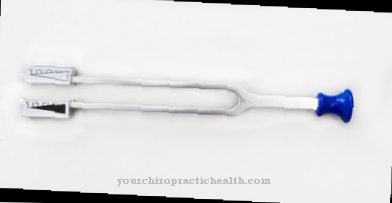



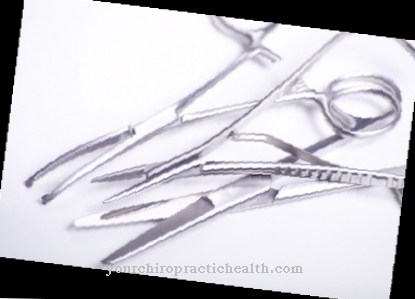


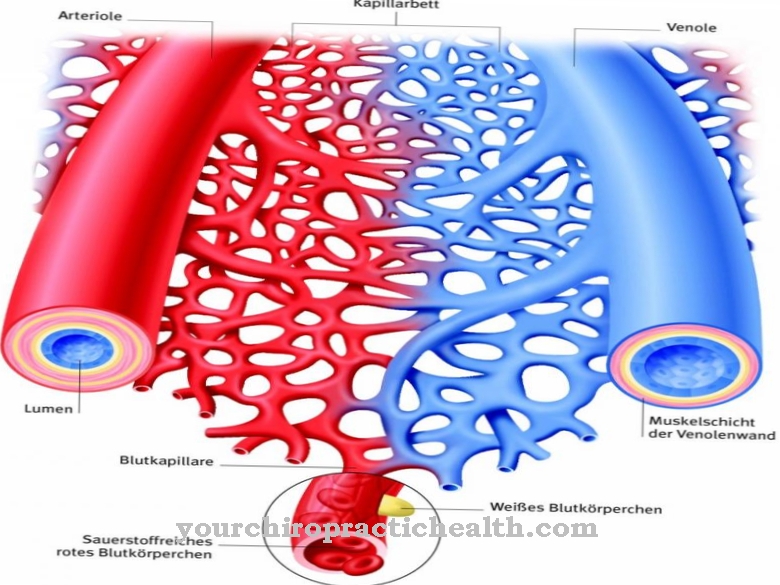






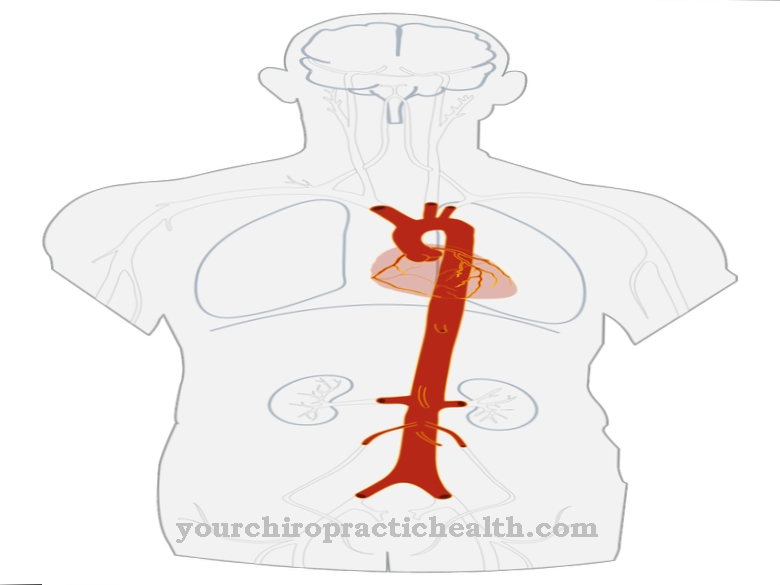

.jpg)



.jpg)

.jpg)

